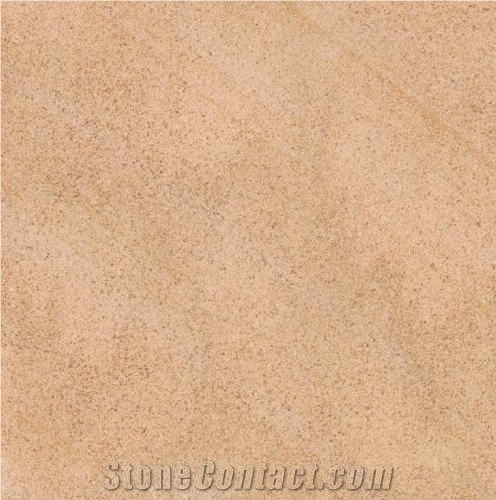Can Poland's Szczytina Sandstone be used exterior applications in very rainy climates?
Polands Szczytina Sandstone can be used for exterior applications in very rainy climates with proper care and maintenance. However, it is important to note that sandstone is a porous material and may require regular sealing to protect it from moisture penetration.
In very rainy climates, the continuous exposure to water can potentially cause the sandstone to deteriorate over time. Moisture can seep into the stone, leading to issues such as cracking, spalling, or efflorescence (white salty deposits on the surface). To minimize these risks, applying a high-quality penetrating sealant can help to reduce the water absorption of the sandstone, making it more resistant to water damage.
Furthermore, regular cleaning and maintenance are crucial to prevent the buildup of algae, moss, or lichens, which can thrive in damp conditions. These organic growths can accelerate the deterioration of the sandstone and make the surface slippery.
Ultimately, while Szczytina Sandstone can be used for exterior applications in rainy climates, it requires proper care, maintenance, and periodic inspection to ensure its longevity and performance. Consulting with stone professionals or suppliers in your area can provide more specific guidance based on the climate conditions and the type of sandstone you intend to use.
Polands Szczytina Sandstone can be used for exterior applications in very rainy climates with proper care and maintenance. However, it is important to note that sandstone is a porous material and may require regular sealing to protect it from moisture penetration.
In very rainy climates, the continuous exposure to water can potentially cause the sandstone to deteriorate over time. Moisture can seep into the stone, leading to issues such as cracking, spalling, or efflorescence (white salty deposits on the surface). To minimize these risks, applying a high-quality penetrating sealant can help to reduce the water absorption of the sandstone, making it more resistant to water damage.
Furthermore, regular cleaning and maintenance are crucial to prevent the buildup of algae, moss, or lichens, which can thrive in damp conditions. These organic growths can accelerate the deterioration of the sandstone and make the surface slippery.
Ultimately, while Szczytina Sandstone can be used for exterior applications in rainy climates, it requires proper care, maintenance, and periodic inspection to ensure its longevity and performance. Consulting with stone professionals or suppliers in your area can provide more specific guidance based on the climate conditions and the type of sandstone you intend to use.
 Poland
(Szczytna, Kłodzko County, Lower Silesia ,in south-western Poland)
Poland
(Szczytna, Kłodzko County, Lower Silesia ,in south-western Poland)










 China
China
 Verified Supplier is for prove company authenticity,including business license,trade license and effective office space,to enhance buyers' trust to suppliers and their products, reducing communication costs.
Verified Supplier is for prove company authenticity,including business license,trade license and effective office space,to enhance buyers' trust to suppliers and their products, reducing communication costs.






